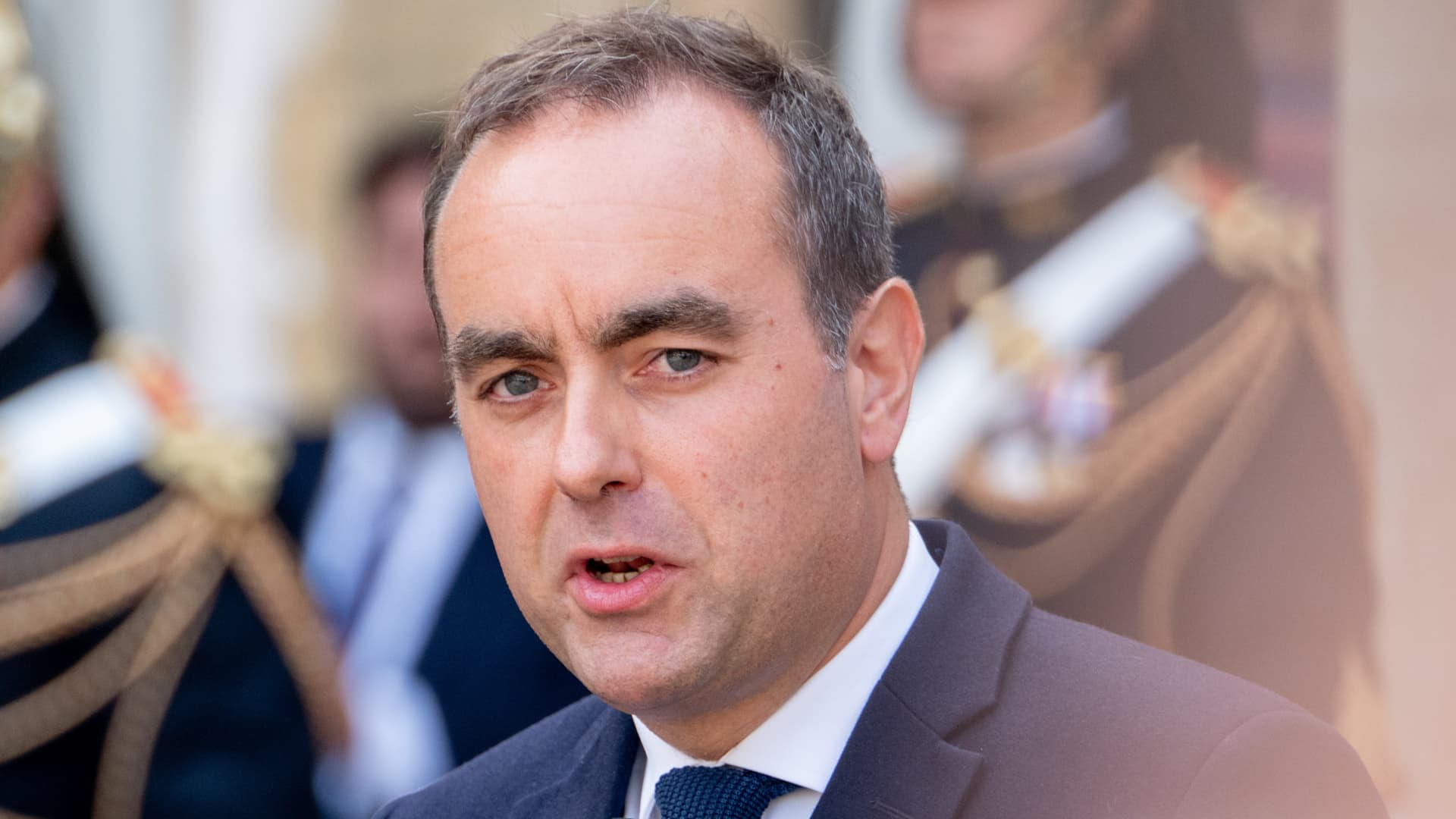During a ceremony at the Hotel Matignon in Paris on Wednesday, September 10, 2025, Sebastien Lecornu, France’s Prime Minister, was present.
Image Source: Bloomberg | Getty Images
Political Turmoil as France’s Prime Minister Steps Down
In a surprising turn of events, Sebastien Lecornu, who recently took office as France’s Prime Minister, has resigned, sparking a new wave of political instability in the nation.
Lecornu, the fifth person to hold the position in under two years, faced the daunting task of uniting a fragmented parliament to approve the 2026 budget, a challenge that now seems uncertain.
Market Reactions to Political Uncertainty
The uncertainty surrounding the budget has led to significant market reactions. The yield on France’s 30-year government bond surged to a one-month peak of 4.441% before slightly easing. Similarly, the 10-year bond yield climbed to a 10-day high of 3.5990%. The CAC 40 index dropped by 1.9%, and the euro weakened by 0.7% against the dollar.
Lecornu’s appointment in early September came amid widespread public dissatisfaction and protests over the chaotic state of French governance, following multiple administrations’ failures to implement necessary fiscal reforms.

Challenges Ahead for President Macron
As a former defense minister and close associate of President Emmanuel Macron, Lecornu’s resignation came just hours after he announced a new cabinet, which retained most key figures. The cabinet was scheduled to convene for its inaugural meeting on Monday.
This development places immense pressure on President Macron, who has now overseen three unsuccessful minority governments.
Implications for France’s Economic Strategy
Lecornu was set to address the National Assembly on Tuesday to outline his administration’s strategic plans. Political parties across the spectrum, along with investors and the European Commission, were keenly observing his approach to reducing the budget deficit, which stood at 5.8% in 2024. France’s debt was 113% of GDP, far exceeding EU guidelines that cap deficits at 3% of GDP and public debt at 60% of economic output.
This story is developing. Please check back for updates.
